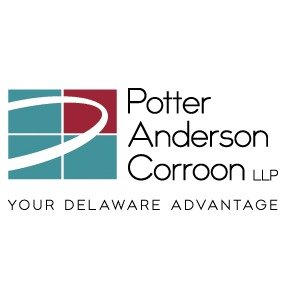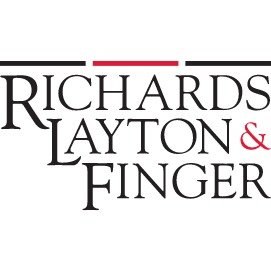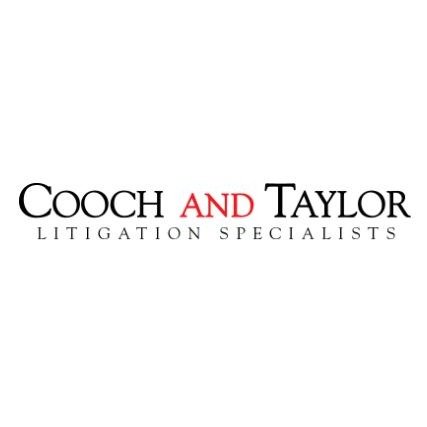Best FDA Law Lawyers in Wilmington
Share your needs with us, get contacted by law firms.
Free. Takes 2 min.
List of the best lawyers in Wilmington, United States
About FDA Law in Wilmington, United States
FDA Law encompasses the federal and state legal standards that regulate food, drugs, medical devices, cosmetics, dietary supplements, and tobacco products to ensure public health and safety. In Wilmington, United States, FDA Law primarily involves compliance with the United States Food and Drug Administration regulations, as well as applicable North Carolina statutes and local ordinances. This area of law affects businesses and individuals involved in manufacturing, distributing, or selling regulated products, as well as those engaged in clinical research or importing and exporting these goods.
Why You May Need a Lawyer
Engaging a lawyer knowledgeable in FDA Law can be crucial in several scenarios. Common reasons to seek legal help include advice on bringing a new product to market, guidance on FDA compliance and inspections, assistance responding to warning letters or recalls, representation during enforcement actions or litigation, help navigating clinical trials and research regulation, and consulting on labeling or advertising rules. Manufacturers, distributors, researchers, healthcare professionals, and importers in Wilmington may face complex regulatory hurdles and substantial penalties for non-compliance, making legal counsel invaluable for protecting business interests and ensuring public safety.
Local Laws Overview
Although FDA regulations are established at the federal level, local and state laws in Wilmington, North Carolina, may impose additional requirements or offer specific guidance for businesses operating within the region. For example, the North Carolina Department of Agriculture and Consumer Services and the North Carolina Department of Health and Human Services can regulate food safety standards, process licensing, and enforce sanitation codes. Wilmington may also have unique zoning, business permitting, or waste disposal ordinances that interact with FDA-related activities. Understanding both federal requirements and local regulations is essential for comprehensive compliance.
Frequently Asked Questions
What does the FDA regulate?
The FDA regulates food, drugs, medical devices, cosmetics, dietary supplements, and tobacco products to ensure they are safe and properly labeled for consumer use.
Do local laws in Wilmington differ from federal FDA laws?
While the FDA establishes overarching federal regulations, Wilmington businesses must also adhere to North Carolina state laws and local ordinances that may add requirements or clarify federal rules.
What should I do if I receive a warning letter from the FDA?
It is critical to consult with an FDA Law attorney immediately. A prompt, appropriate response can help resolve the issue and potentially avoid escalation to enforcement actions or penalties.
How can I ensure my business is FDA compliant?
Consulting with an experienced legal professional or regulatory specialist can help you navigate the requirements applicable to your product or service, develop compliance programs, and prepare for inspections.
What are the penalties for violating FDA regulations?
Penalties can include product seizures, fines, injunctions, recalls, or even criminal charges depending on the severity and intent of the violation.
Are dietary supplements regulated the same way as drugs?
No, dietary supplements are regulated under a different framework compared to drugs, but they still require precise labeling and prohibited claims. Legal guidance can clarify specific requirements for your product.
Can I challenge an FDA enforcement action?
Yes, you have the right to challenge enforcement actions. An attorney can help you understand your options and represent you in proceedings to protect your interests.
Is FDA approval required for all medical devices?
Not all devices require premarket approval, but most must be registered, and some may undergo premarket notification (510(k)) or approval (PMA) depending on their risk classification.
What role do state and local agencies play in FDA matters?
State and local agencies often assist with inspections, enforce additional regulations, and issue licenses or permits related to food safety and public health in Wilmington and throughout North Carolina.
Where can I find more information about FDA regulations?
You can consult the FDA website and reach out to legal professionals or local agencies for up-to-date, specific guidance tailored to your situation and geographical area.
Additional Resources
- U.S. Food and Drug Administration: The primary source for FDA regulations, guidance documents, and news on compliance issues. - North Carolina Department of Agriculture and Consumer Services: Regulates food safety and related activities within the state. - North Carolina Department of Health and Human Services: Oversees public health regulations, including those affecting FDA-regulated products. - North Carolina State Bar Lawyer Referral Service: Can help you find attorneys with experience in FDA and regulatory law. - Local public libraries and legal aid organizations in Wilmington: Often offer research assistance and legal information.
Next Steps
If you are dealing with an FDA-related issue, begin by gathering all relevant documents, correspondence, and records pertaining to your situation. Research potential law firms or attorneys in Wilmington with FDA Law experience, and schedule an initial consultation. Prepare a list of questions about your legal matter and be ready to discuss the specifics of your case. Make sure to understand the costs involved, ask about experience with similar cases, and clarify expected outcomes. Taking prompt action and seeking tailored legal advice can protect your business and help ensure compliance with complex federal, state, and local regulations.
Lawzana helps you find the best lawyers and law firms in Wilmington through a curated and pre-screened list of qualified legal professionals. Our platform offers rankings and detailed profiles of attorneys and law firms, allowing you to compare based on practice areas, including FDA Law, experience, and client feedback.
Each profile includes a description of the firm's areas of practice, client reviews, team members and partners, year of establishment, spoken languages, office locations, contact information, social media presence, and any published articles or resources. Most firms on our platform speak English and are experienced in both local and international legal matters.
Get a quote from top-rated law firms in Wilmington, United States — quickly, securely, and without unnecessary hassle.
Disclaimer:
The information provided on this page is for general informational purposes only and does not constitute legal advice. While we strive to ensure the accuracy and relevance of the content, legal information may change over time, and interpretations of the law can vary. You should always consult with a qualified legal professional for advice specific to your situation.
We disclaim all liability for actions taken or not taken based on the content of this page. If you believe any information is incorrect or outdated, please contact us, and we will review and update it where appropriate.

















